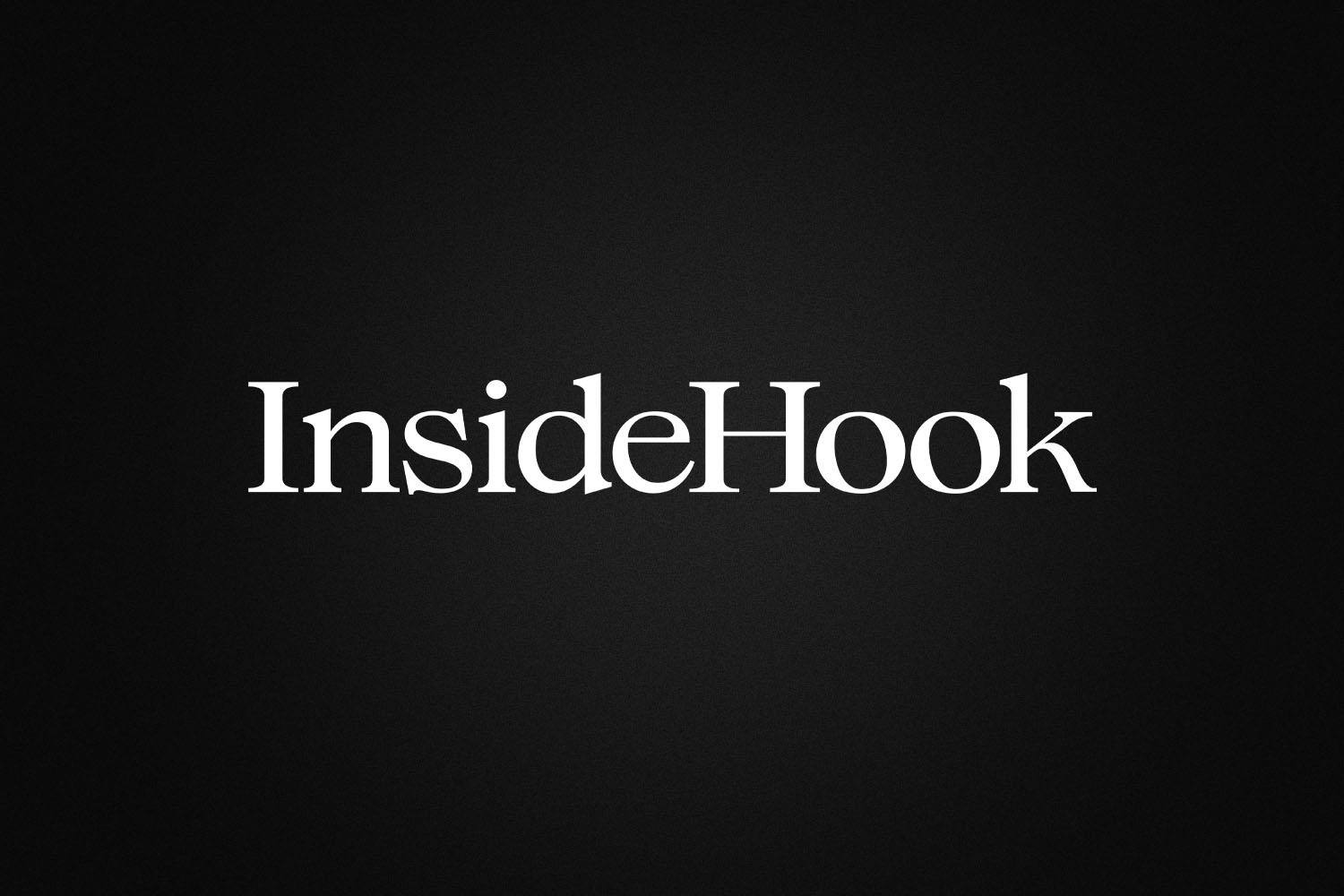Air travel is evolving.
Want proof? Look no further than the flying marshmallow pudding that is the Airlander 10 airship, last seen coasting toward the ground over England. It’s not pretty — but the project could herald in significant advances in passenger and cargo capacity (if not speed, since it tops out at a staggering 91 MPH).
From an entirely differently corner we have the Aurora D8, now under development at a Virginia aeronautics company and the subject of a $2.9 million NASA contract. (Doesn’t seem like much for the future of air travel, but we’re sure they’ll bump a couple zeroes onto that figure if things go well.)
According to Aurora, the D8 is meant to “maximize efficiency, minimize operating costs, and improve the passenger experience.”
Compared to your average Boeing 737-800, Aurora’s D8 will (hopefully) offer a “71% reduction in fuel burn, a 60 EPNdB [Effective Perceived Noise in decibels] reduction in noise, and an 87% reduction in [emissions],” according to company materials. No word yet on the seatback entertainment situation, but for air travelers anxious about how flying increases their carbon footprint, the news is worth cheering.
Perhaps most impressive: this isn’t some distant, far-off pipe dream of a plan — Aurora hopes to bring the plane into commercial service in about 10 years.
Here’s hoping the planet can wait that long.
This article appeared in an InsideHook newsletter. Sign up for free to get more on travel, wellness, style, drinking, and culture.
